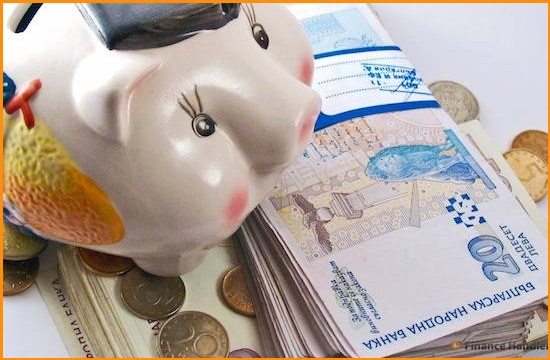Smart personal finance is all about making the most of what you earn and setting yourself up for a comfortable future. To do these things, it is critical to gain a comprehensive education about how and when to make certain financial moves, and how you should react in stormy times of crisis and budgetary strain. Put the ideas in this piece to work and you will have a truly beneficial head start.
Avoid getting into further debt to save your finances. Don’t let your credit cards tempt you into a mountain of debt. The less you borrow, the less you will spend on interest.
A higher education can ensure that you get a better position in personal finance. Census data shows that people who have a bachelor’s degree can earn nearly double the money that someone with just a diploma earns. Even though there are costs to go to college, in the end it will pay for itself and more.
To get out of debt faster, you should pay more than the minimum balance. This should considerably improve your credit score and by paying off your debt faster, you do not have to pay as much interest. This saves you money that you can use to pay off other debts.
Start building up an emergency fund today. In an ideal world you should have at least three months, preferable six months, living expenses stored away. Put it in an easy access, high interest savings account. If you don’t have any money saved, remember that it is never too late to start saving.
Always look for ways to save. Audit yourself and your bills about once every six months. Take a look at competing businesses for services you use, to see if you can get something for less. Compare the cost of food at different stores, and make sure you are getting the best interest rates on your credit cards and savings accounts.
Your two largest purchases are likely to be the house you live in and your car. Payments and interest rates are what will be a huge part of your expense each month. You can reduce the amount of interest you pay by increasing your monthly payment.
Monitor your accounts for signs of identity theft. Purchases you don’t remember making or credit cards showing up that you don’t remember signing up for, could all be signs that someone is using your information. If there is any suspicious activity, make sure to report it to your bank for investigation.
Rewards credit cards are a great way to get a little extra something for the stuff you buy anyways. If you use the card to pay for recurring expenses like gas and groceries, then you can rack up points for travel, dining or entertainment. Just make sure to pay this card off at the end of each month.
Concern about matters of personal finance is something that just about everyone shares. The most useful way to combat the fear and uncertainty that financial issues often bring is to gain a thorough understanding of the subject. Keep the preceding tips and concepts handy, and you will be prepared to weather any storm.

